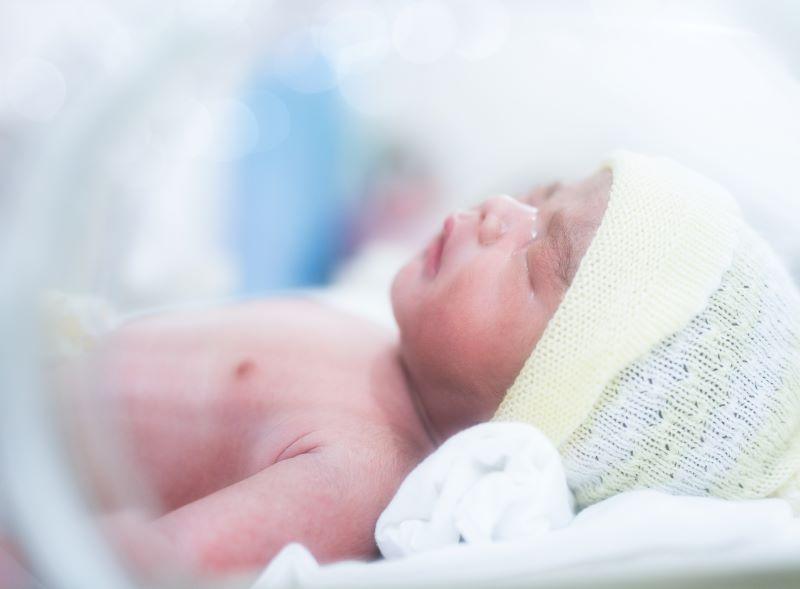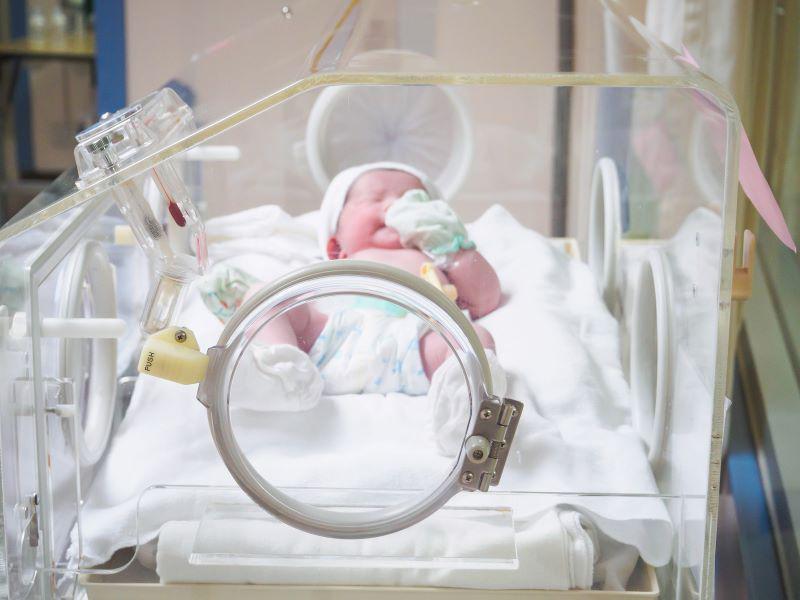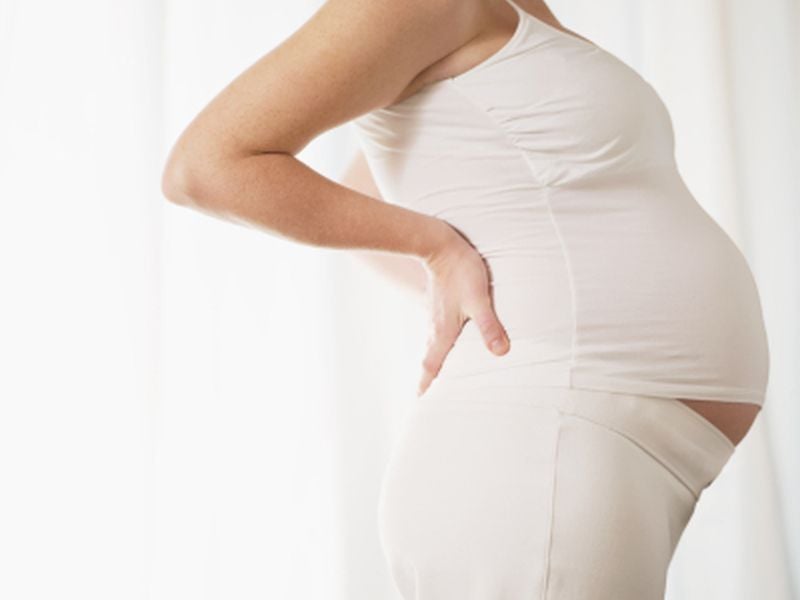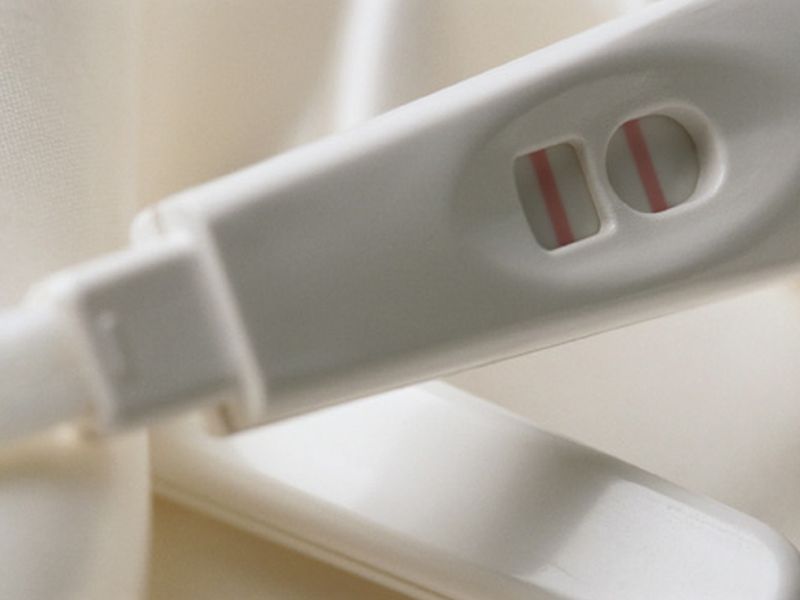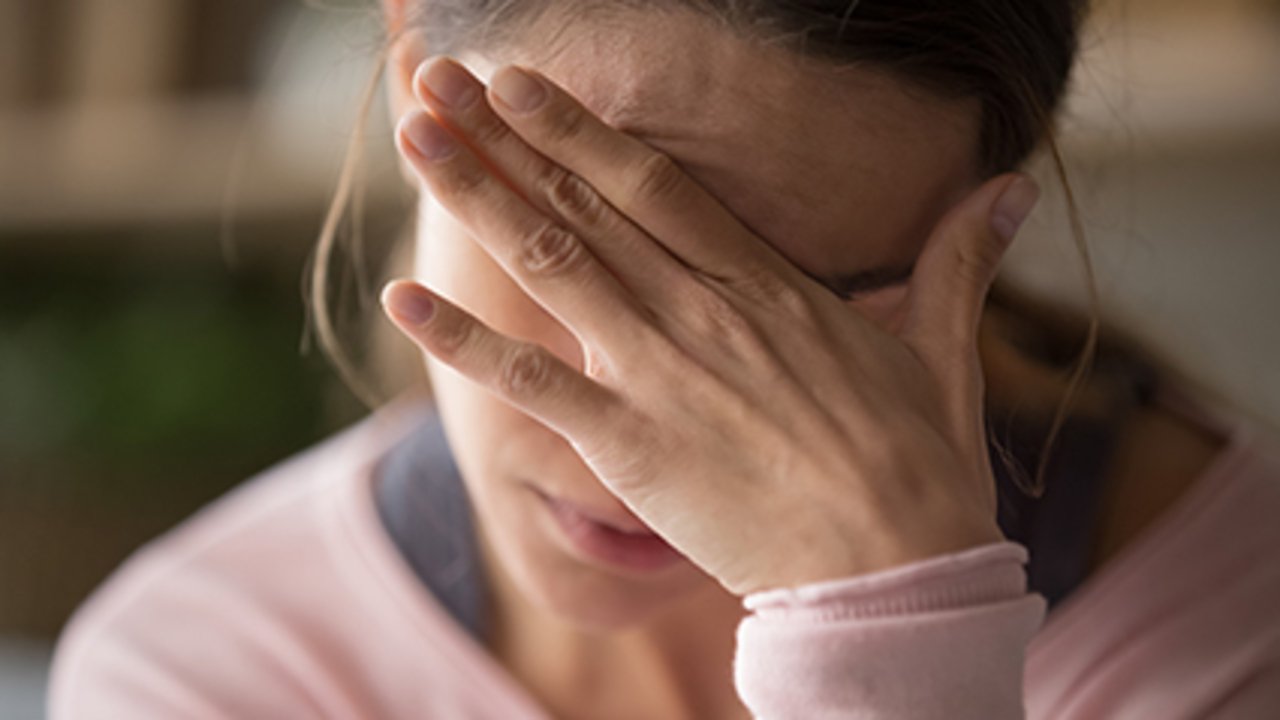
U.S. approval of over-the-counter emergency contraception like “Plan B” has had an unintended but positive side effect for America’s hospitals, a new study shows. Emergency room visits related to “morning-after” contraception plummeted after the pills became easily available to adults in 2006, according to the report published Jan. 24 in the journal JAMA Network Open.… read on > read on >










